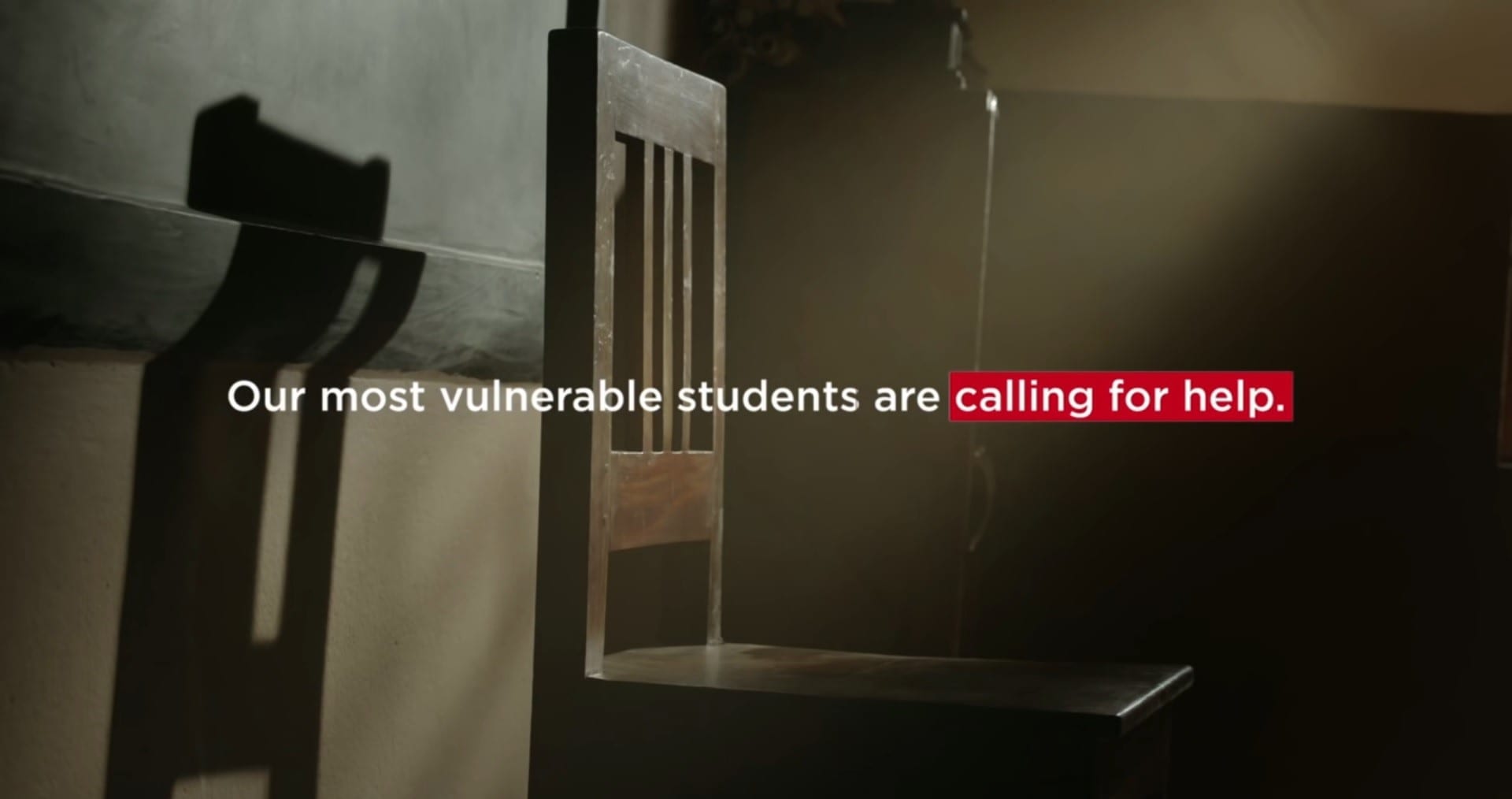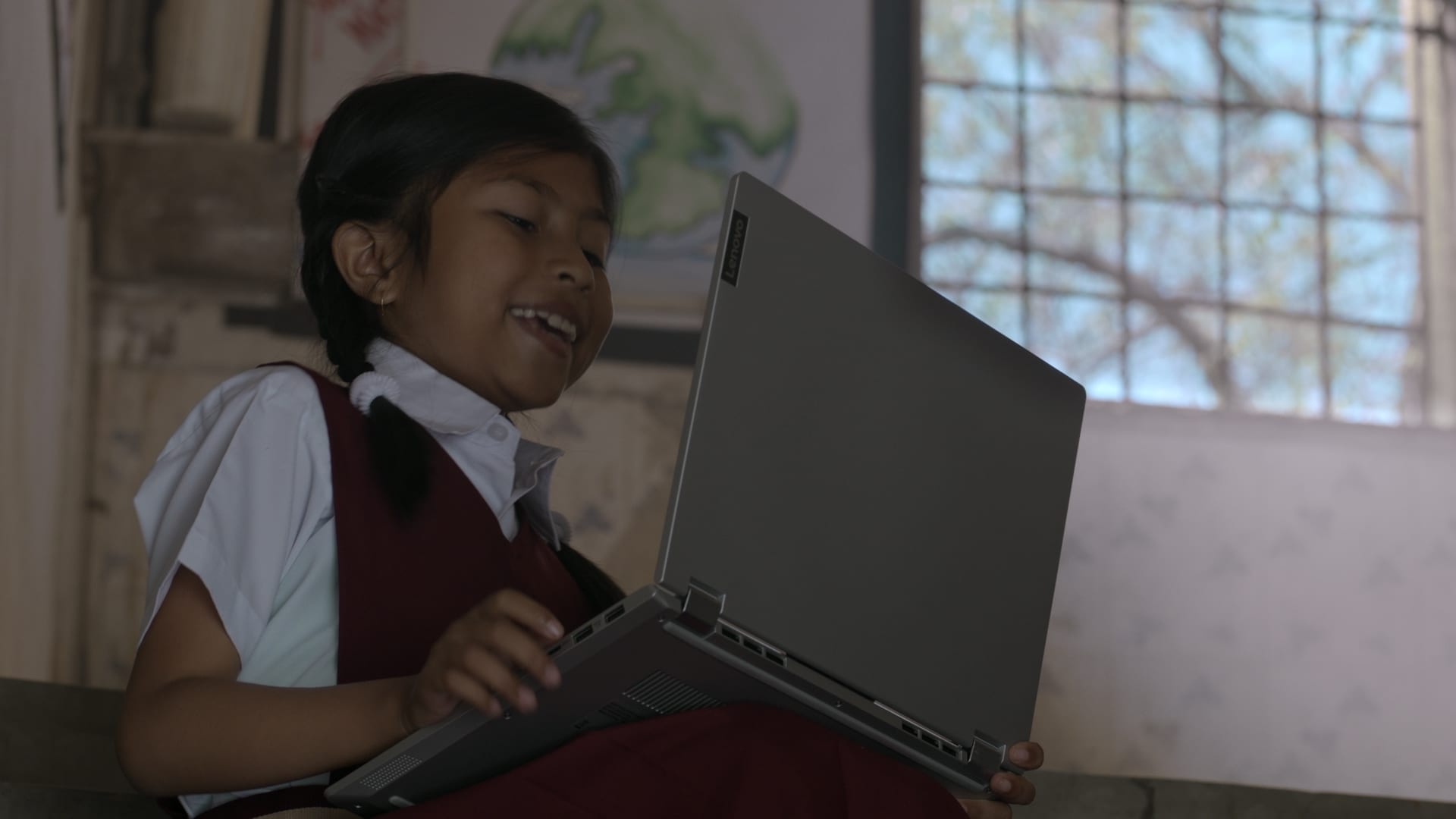For millions of children each year, starting school is the first step along the journey toward becoming their future selves.
On the flip side, lack of education leads to an enormous waste of human potential. Improvements to education systems have the potential to add hundreds of trillions of dollars to the global economy over the coming generations, the OECD estimates.
Major challenges must be vanquished for that growth to occur. 59 million primary school-age children were not enrolled in school in 2018, a majority of them girls. This gap only widens with age and is especially severe for girls living in conflict-riven regions. Meanwhile, the ongoing epidemic has disrupted learning for over a billion students worldwide. And even before that crisis began, countries around the world faced a shortage of more than 68 million teachers, UNESCO estimated in 2016.

India, for instance, faces a one million teacher shortage, the local manifestation of this broader global crisis. It’s a multi-faceted problem that calls for dynamic solutions.
Around the world, Lenovo is working with inspired partners to solve these problems. With the help of technology, learning need not be constrained by geography. And people from all walks of life are being called on to help, united by their passion for advancing the cause of helping kids around the world learn. The inner teachers of such people around the world are a powerful untapped resource.

With that in mind, Lenovo and nonprofit eVidyaloka teamed up to launch SmarterEd, a student-teacher matching program that has already secured registrations from over 11,000 volunteer teachers. Nearly 15,000 students, from across, India have opted to learn for free via the Lenovo-designed one-on-one platform. The corps of volunteers includes people from a range of backgrounds. Some are graduate students in political science, applied psychology, and communication. Others are mechanical engineers, corporate workers, and pharmacists. Each now brings a unique combination of professional expertise and life experience to bear on enriching the lives and learning of students everywhere.
“Technology has the power to solve problems, create opportunities and transform the way we all live, learn, and work,” said Rahul Agarwal, CEO and Managing Director, Lenovo India. “With this platform, we want to empower all segments of the society with quality education.”
Students and teachers alike joined SmarterEd from a dazzling array of locations, showcasing the potential of this kind of learning-without-borders technology. Volunteer teachers hailed from 654 cities, and students signed up from 571 cities. Students can learn in a range of supported languages, from Hindi to Malayalam, Tamil to Kannada, Telugu to English. They can choose their desired subjects and schedule learning around the other demands of their lives.

Across India’s diverse regions, organizations like Meghshala and Children’s LoveCastles trust, . with help from Lenovo Foundation, developed specialized plans to empower teachers and keep children learning through the pandemic.They are actively seeking ways to improve education across India by using Lenovo’s smarter technology to digitize education.
In other countries around the world, Lenovo Foundation grants are supporting other creative solutions to the problem of global education access, harnessing technology as a force for equality. This has the potential to be especially life-changing for teachers and girl students
In Australia and New Zealand, Lenovo’s smarter technology is helping to bridge the opportunity gap for children from Aboriginal and Torres Strait Islander descent through the Indigenous Reading Project (IRP). Lenovo’s tablets power IRP’s 12-week E-reading program, which fosters a lifelong appreciation for reading for Indigenous student 8 to 16 years old with strong attendance records and a personal commitment to improvement.
In 2019, “168 out of 184 students successfully completed [IRP’s] E-reading program and checked out 2,916 e-books from the digital library.” “The students demonstrated a measurable improvement in their reading ability – on average, amount of time spent reading improved by 62%, fluency test scores 23%, and comprehension test scores 30%” (Indigenous Reading Project, 2019).
Lenovo’s investment in IRP of improving literacy skills among Aboriginal and Torres Strait Islander students is one example of how Lenovo is “bringing to life the Lenovo Foundation’s mission of empowering diverse and minority communities through access to technology and STEM education, alongside of Lenovo’s mission of Smarter Technology For All,” said Matt Codrington, Lenovo ANZ.
